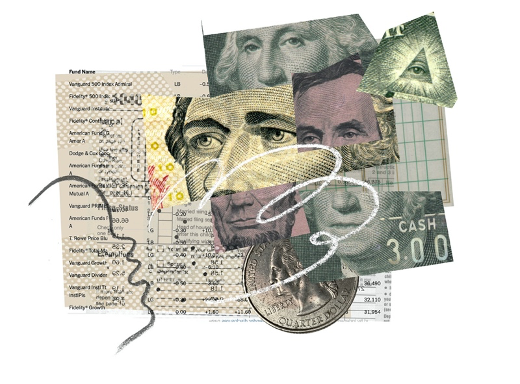
How a dictator’s son funds his lavish lifestyle in Bel Air while many of his country’s citizens lack access to clean water.

An amalgamation of small, regional tea parties throughout the country—The Tea Party—touches even the liberal collegetown of Ithaca. But what is the Tea Party?
I. Introduction
In 2007, the New York Division of Tax Appeals ruled in Delta Financial that the starting point for determining New York State corporate entire net income includes Real Estate Mortgage Investment Conduit (REMIC) excess inclusion.[1] The effect of Delta Financial is that even if a corporation has net losses for a taxable year, REMIC residual interest income remains subject to New York State tax. This mimics the federal treatment of residual interest income. Although New York City has not litigated this issue, the reasoning behind Delta Financial also applies to New York City general corporate tax.
Although the State published REMIC guidelines in 1988, the 2007 case was the first on this issue. This is probably because the REMIC excess inclusion provisions have an impact on State and City tax assessment only in years in which a corporation reports a net loss. After big losses in 2007 and 2008, corporations have been reporting zero taxable income to both the State and the City, even if they have large amounts of REMIC interest income. New York City should begin pursuing this untaxed income. This post briefly describes REMICs and the reasoning behind Delta Financial and the City’s decision to pursue REMIC residual interest income.


